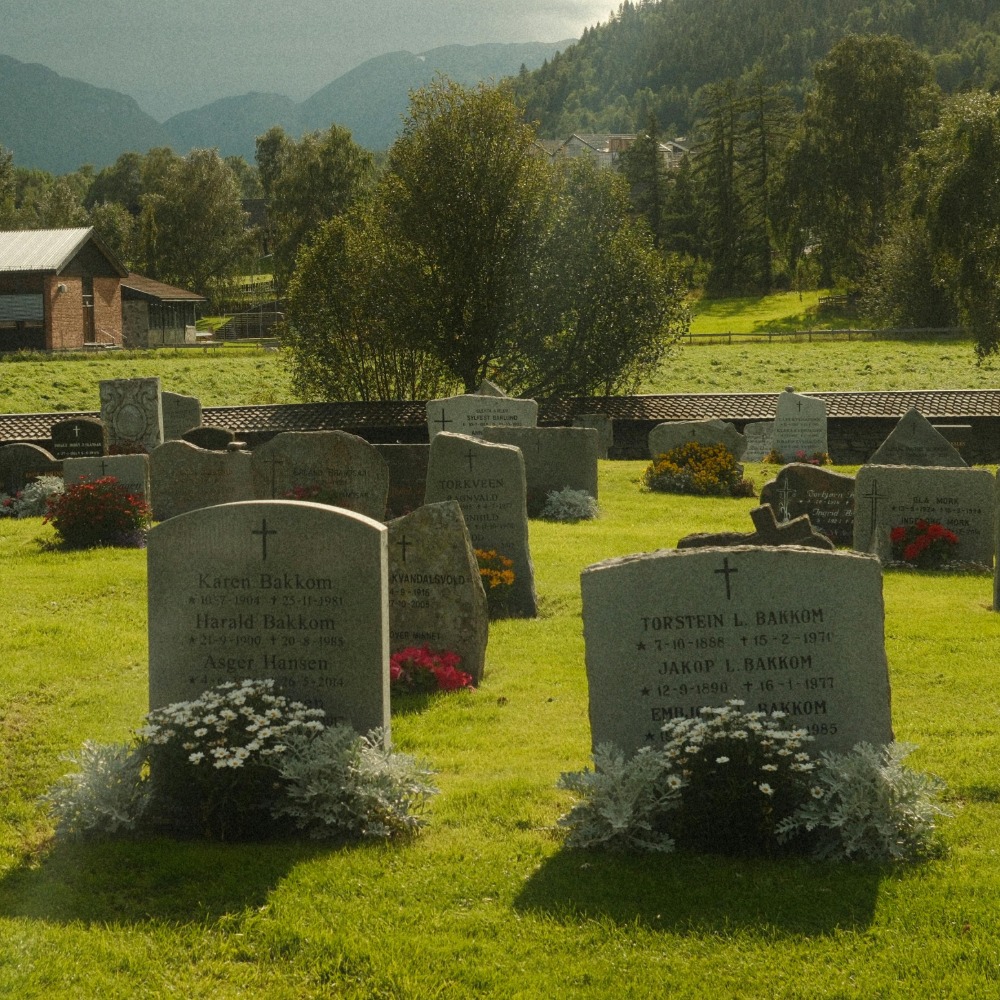
Humans have existed for thousands of years and through many changing historical periods. During this time, there have always been end-of-life ceremonies to give the deceased a proper send-off and give those left behind some closure. Here are some of the most interesting types and the cultural significance of funerals throughout history and today.
Ancient Egypt
Early humans already believed in a connection between the living and the spirit world. Because of the belief that the dead would need their body to enter into the next world, they would embalm their deceased, also known as mummification, to preserve them. They would then be placed in tombs. Important objects would often be placed with them for use in the afterlife.
Ancient Greece
Another culture with a rich history that had a huge influence on modern life, funerals played a big role in Ancient Greece. They believed that it was necessary to guide the spirit of the deceased to the underworld safely. After washing the body and anointing it with oil, there would be a viewing. This was then followed by a procession to the final burial or cremation site.
Hindu tradition
The way funerals are performed in India by Hindu people – a practice which has ancient roots – is unique. They focus on the soul’s journey after death to the next life by performing certain rites, known as Antyesti. After prayers and sacred chants have been performed with the body by mourners, it is cremated on a pyre so that the ashes can be scattered in holy waters.
Tibetan Buddhism
This culture understands the cycle of life and death. One significant practice that has been performed for centuries is known as sky burials. They believe that the body is no longer important once the soul has left it. As such, after prayers, they leave the bodies of the deceased to be eaten by vultures, something regarded as an offering to nature and the spiritual realm.
African tradition
There are many tribes throughout the African continent, each with its own variations on end-of-life ceremonies. But all believe in the ancestors and use funerals to guide the dead to join their forebearers. Practices include cleansing rituals, chanting and feasts to celebrate the deceased’s life. At 21st Century Funerals, we have an Inkomo Benefit Plan so that you will have a cow to perform last rites.


